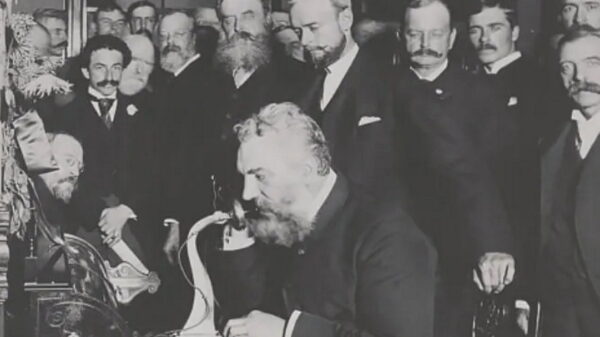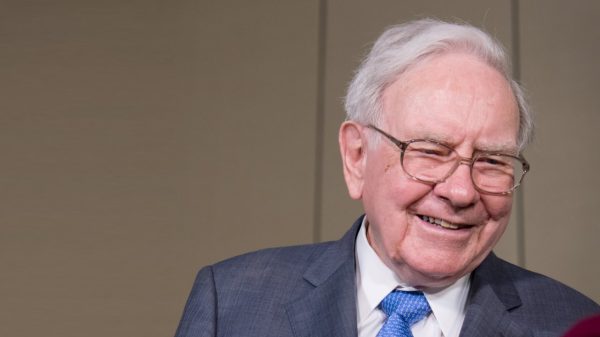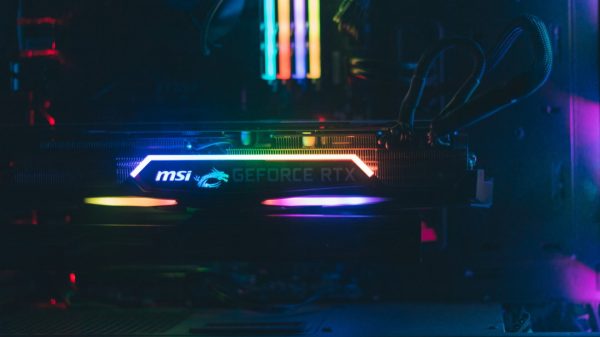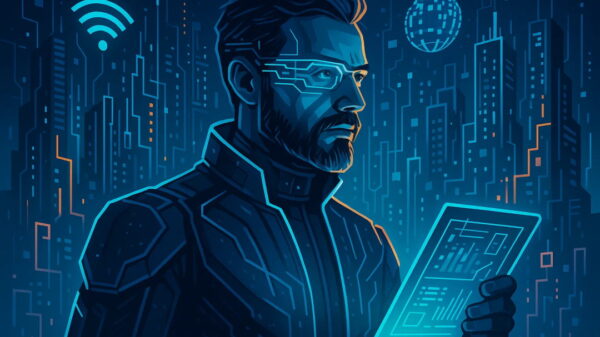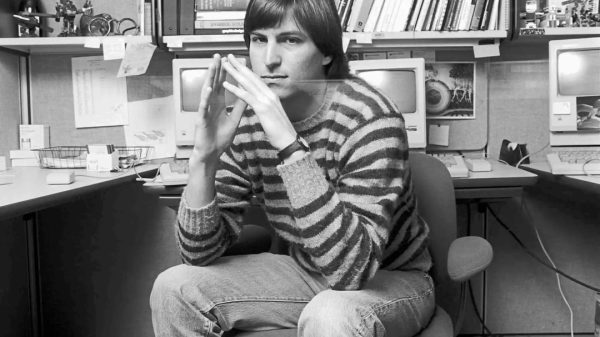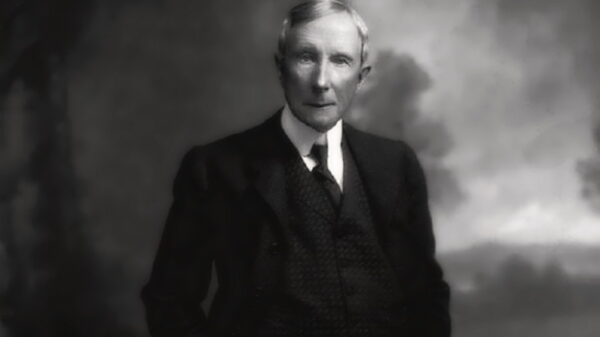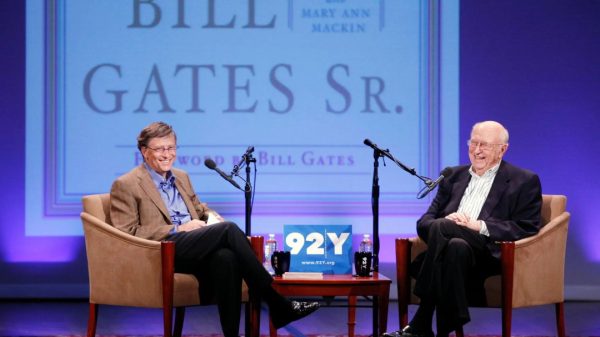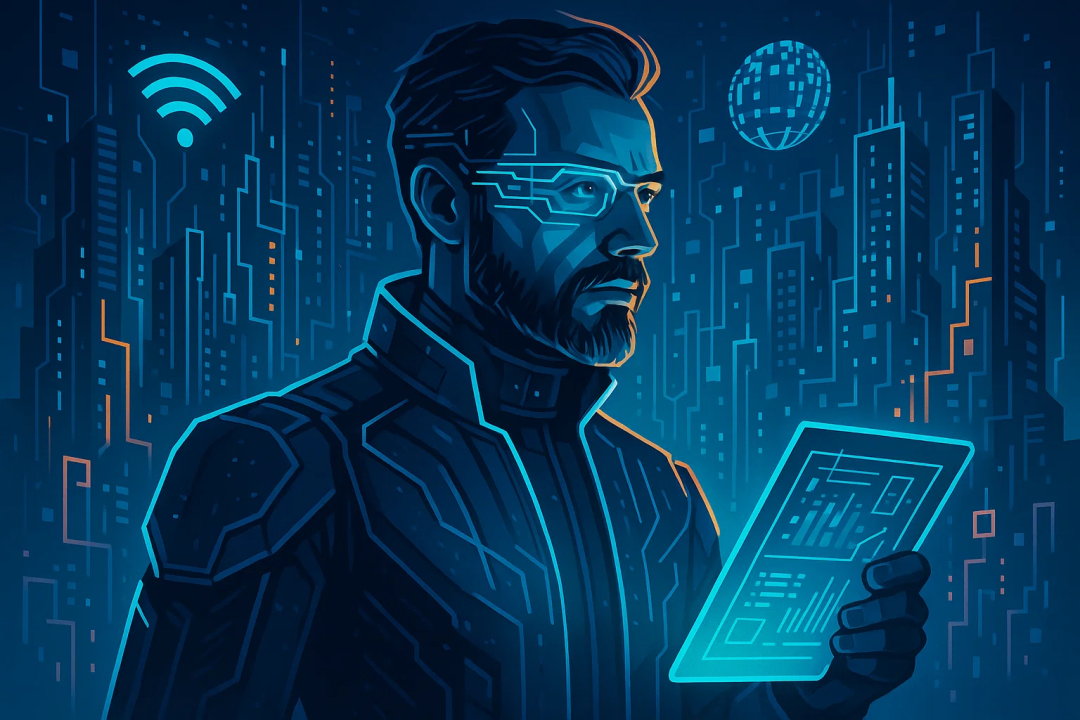Artificial intelligence has had many pioneers — kind of like a relay race where the baton is passed over decades.
Early Theoretical Foundations (1940s–1960s)
- Alan Turing – Mathematician who proposed the idea of “machines that can think” and developed the Turing Test (1950) as a measure of machine intelligence.
- John McCarthy – Coined the term “Artificial Intelligence” in 1956 and created the LISP programming language, a staple in early AI research.
- Marvin Minsky – Co-founder of MIT’s AI Lab; key figure in early AI models and robotics.
- Herbert A. Simon & Allen Newell – Created the Logic Theorist (1956), considered the first AI program.
Machine Learning & Expert Systems Era (1970s–1990s)
- Geoffrey Hinton – Known as the “Godfather of Deep Learning”; developed backpropagation methods that became the backbone of neural networks.
- Yann LeCun – Pioneer of convolutional neural networks (CNNs), foundational for image recognition.
- Judea Pearl – Developed probabilistic reasoning frameworks (Bayesian networks) for AI decision-making.
Modern AI Revolution (2000s–present)
- Andrew Ng – Co-founder of Google Brain, led major advances in large-scale deep learning.
- Demis Hassabis – Founder of DeepMind, creator of AlphaGo and AlphaFold.
Fei-Fei Li – Led ImageNet project, which supercharged computer vision research. - Sam Altman & Ilya Sutskever – Founding leaders of OpenAI, pushing breakthroughs in large language models like GPT.

